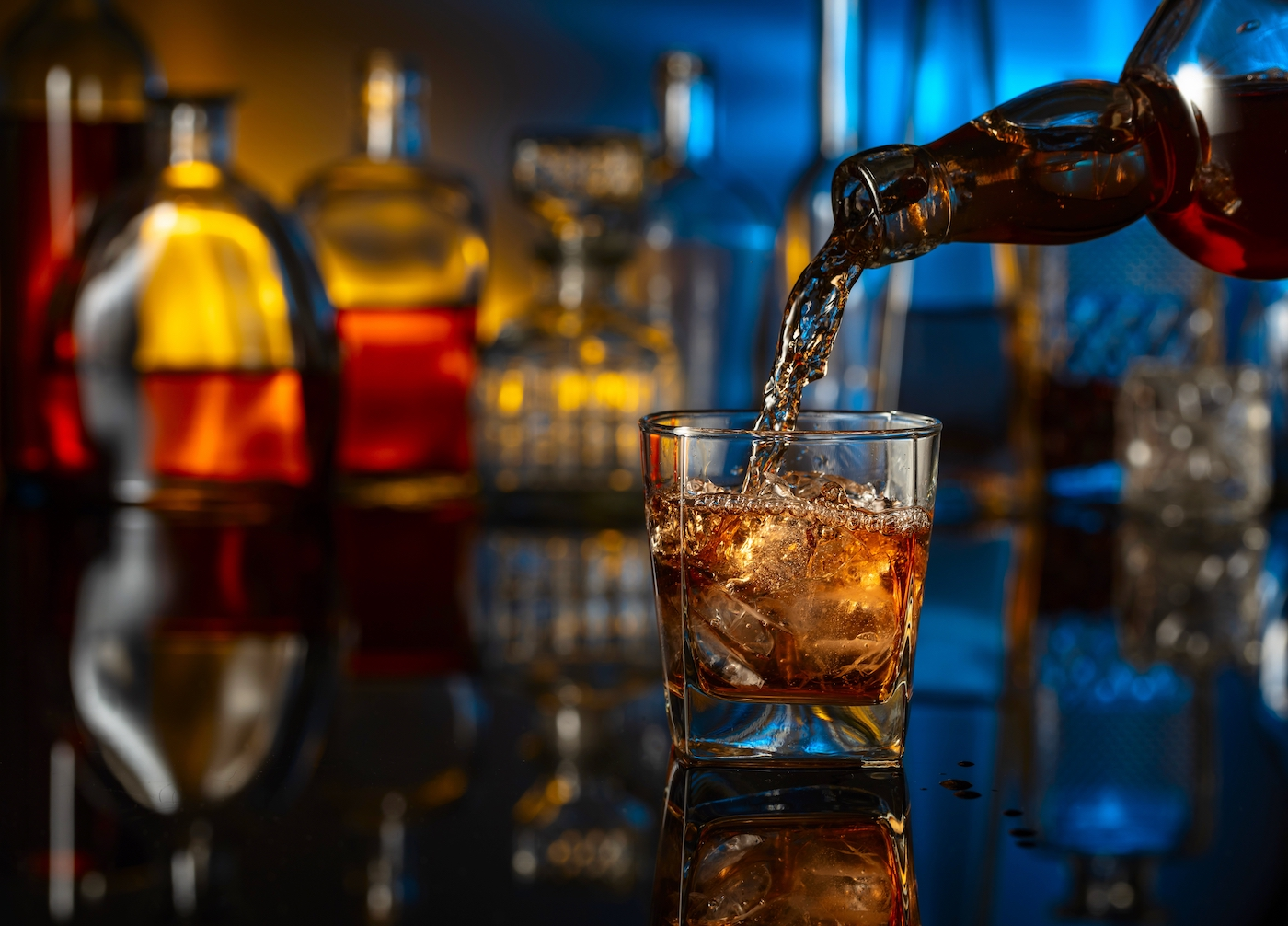- NACADA says these proposals are about safeguarding public health—especially the well-being of children and youth—by creating a more responsible and regulated alcohol environment in the country.
In a move aimed at curbing rising alcohol consumption the National Authority for the Campaign against Alcohol and Drug Abuse (NACADA) is calling for far-reaching restrictions on how alcohol is marketed, sold, and consumed across Kenya.
The proposals are part of a newly launched national policy spearheaded by the Ministry of Interior and National Administration, which seeks to rein in aggressive marketing tactics that authorities say have contributed to the normalization of alcohol consumption—especially among youth.
Tightening the Marketing Rules
One of the most striking proposals is a complete ban on online alcohol sales, discount promotions, and the involvement of celebrities, social media influencers, and athletes in alcohol advertising. The policy warns that these practices glamorize alcohol use and lure young people into harmful habits.
Moreover, the National Authority for the Campaign Against Alcohol and Drug Abuse (NACADA) wants to see strict controls on where and how alcohol can be advertised. Billboards and outdoor ads would be banned near schools, hospitals, residential areas, and government buildings.
Read More
All alcohol-related marketing during youth-focused events—such as in schools, universities, sports tournaments, and entertainment shows—would be prohibited.
Protecting the Youth
A key focus of the policy is shielding young people from exposure to alcohol messaging. Adverts would be banned during watershed hours including on foreign and digital platforms. Content in films, songs, and performances that portrays alcohol use in a positive light would also be restricted.
In addition, the legal drinking age would be raised from 18 to 21, with strict enforcement to ensure underage individuals cannot enter alcohol-selling premises—even if accompanied by adults.
Cracking Down on Accessibility
The proposed reforms take aim at how and where alcohol is sold. NACADA is pushing for a ban on home deliveries, vending machines, and sales through online platforms. Alcohol would also be prohibited in supermarkets, restaurants, petrol stations, residential zones, and public spaces such as parks and buses.
No alcohol consumption would be allowed in hotels and eateries either, marking a drastic shift in policy. People accompanied by children or carrying weapons would be denied purchase, and all alcohol packaging would be required to clearly display health warnings and ingredient lists.
To discourage the production of low-cost, high-alcohol drinks, the policy recommends a minimum packaging size of 250 ml, targeting sachets and miniature bottles commonly found in informal markets.
Licensing and Road Safety Overhaul
Under the new rules, the national government would take over licensing of alcohol manufacturers and importers. Local licenses would be subject to tougher rules, with strict limits on the number of outlets allowed in proximity to schools and residential neighborhoods.
The policy also addresses road safety, proposing lower legal alcohol limits for professional and young drivers, mandatory breathalyzer tests, license suspensions, and compulsory rehabilitation for offenders.
NACADA says these proposals are about safeguarding public health—especially the well-being of children and youth—by creating a more responsible and regulated alcohol environment in the country.



-1772102940-md.jpg)


-1772090413-1772095461-md.jpg)
-1772094026-md.jpg)

-1772102940-sm.jpg)


-1772090413-1772095461-sm.jpg)